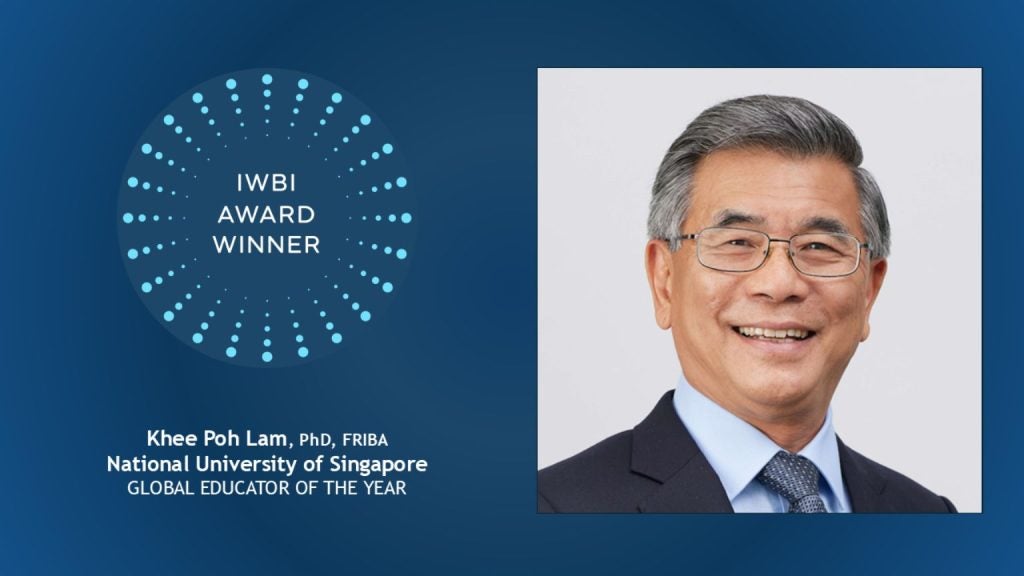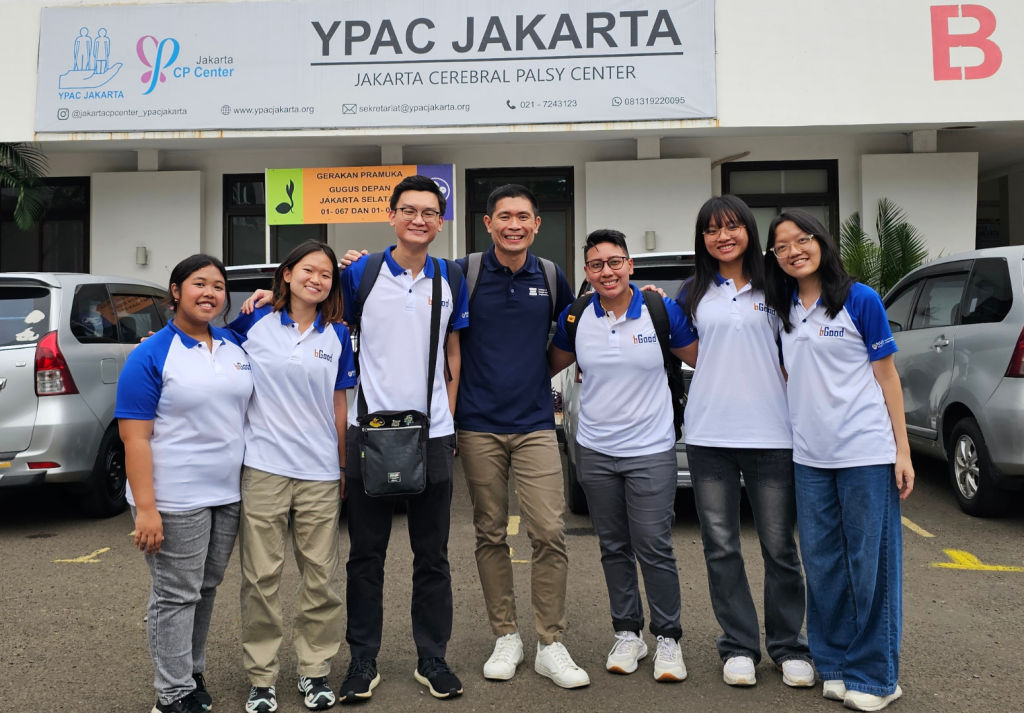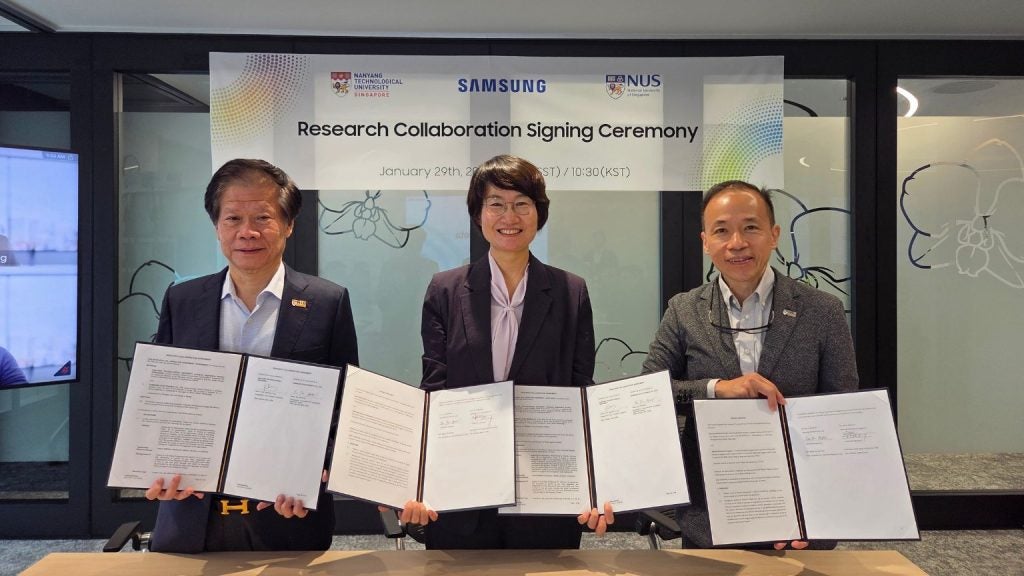
Sixteen faculty members from NUS Engineering have been recognised in the 2021 Highly Cited Researchers™ list and among the World's Most Influential Scientific Minds.
The annual list - compiled by Clarivate - identifies researchers who demonstrate significant impact and influence in their chosen field by publishing several highly cited papers during the last decade.
The names are drawn from the publications that rank in the top one per cent by citations for field and publication year in the Web of Science™ citation index.
The 2021 list comprises 6,602 researchers from more than 70 countries and regions.
According to Clarivate, highly cited researchers contribute disproportionately to extending the frontiers of knowledge and gaining for society innovations that make the world healthier, richer, more sustainable and more secure.
NUS Deputy President (Research and Technology) Professor Chen Tsuhan said, "NUS is incredibly proud of our highly regarded researchers who have been pushing the frontiers of their respective fields, and in turn, benefitting the community by creating new knowledge and solving real-world problems. Their outstanding work advances NUS' standing as one of the world's leading universities, and strengthens Singapore's reputation as a world-class research hub."
David Pendlebury, Senior Citation Analyst at the Institute for Scientific Information at Clarivate, said: "It is increasingly important for nations and institutions to recognise and support the exceptional researchers who are driving the expansion of the world's knowledge. This list identifies and celebrates exceptional individual researchers at NUS who are having a significant impact on the research community as evidenced by the rate at which their work is being cited by their peers.
"The research they have contributed is fueling the innovation, sustainability, health and security that is key for our society's future," he added.
The NUS Engineering faculty members named in the 2021 list represent six departments: Biomedical Engineering, Chemical and Biomolecular Engineering, Electrical and Computer Engineering, Industrial Systems Engineering and Management, Materials Science and Engineering, and Mechanical Engineering.
In total 32 NUS Scientists were named on the 2021 list. The 16 NUS Engineering faculty are as follows:
Professor Zhang Rui
Department of Electrical and Computer Engineering, NUS Faculty of Engineering
Associate Professor Sibudjing Kawi
Department of Chemical and Biomolecular Engineering, NUS Faculty of Engineering
Professor Lim Chwee Teck
Department of Biomedical Engineering, NUS Faculty of Engineering &
Institute for Health Innovation & Technology &
Mechanobiology Institute at NUS
Professor Liu Bin
Department of Chemical and Biomolecular Engineering, NUS Faculty of Engineering
Professor Barbaros Özyilmaz
Department of Materials Science and Engineering, NUS Faculty of Engineering &
Department of Physics, NUS Faculty of Science
Centre for Advanced 2D Materials at NUS
Professor Seeram Ramakrishna
Department of Mechanical Engineering, NUS Faculty of Engineering
Assistant Professor Benjamin Tee
Department of Materials Science and Engineering & Department of Electrical and Computer Engineering, NUS Faculty of Engineering
Associate Professor Xie Jianping
Department of Chemical and Biomolecular Engineering, NUS Faculty of Engineering
Professor Ang Beng Wah
NUS Energy Studies Institute &
Department of Industrial Systems Engineering and Management, NUS Faculty of Engineering
Dr Su Bin
NUS Energy Studies Institute &
Department of Industrial Systems Engineering and Management, NUS Faculty of Engineering
Professor Ge Shuzhi Sam
Department of Electrical and Computer Engineering, NUS Faculty of Engineering
Professor Sir Konstantin Novoselov
NUS Institute for Functional Intelligent Materials &
Department of Materials Science and Engineering, NUS Faculty of Engineering
Professor John Wang
Department of Materials Science and Engineering, NUS Faculty of Engineering
Neuroscience and Behaviour
Associate Professor Thomas Yeo Boon Thye
Department of Electrical and Computer Engineering, NUS Faculty of Engineering &
The Centre for Sleep and Cognition, NUS Yong Loo Lin School of Medicine &
The Centre for Translational MR Research, NUS Yong Loo Lin School of Medicine &
The N.1 Institute for Health, NUS Faculty of Engineering
Professor Antonio Helio Castro Neto
NUS Centre for Advanced 2D Materials &
Department of Physics, NUS Faculty of Science &
Department of Materials Science and Engineering, NUS Faculty of Engineering
Associate Professor Qiu Cheng Wei
Department of Electrical and Computer Engineering, NUS Faculty of Engineering





